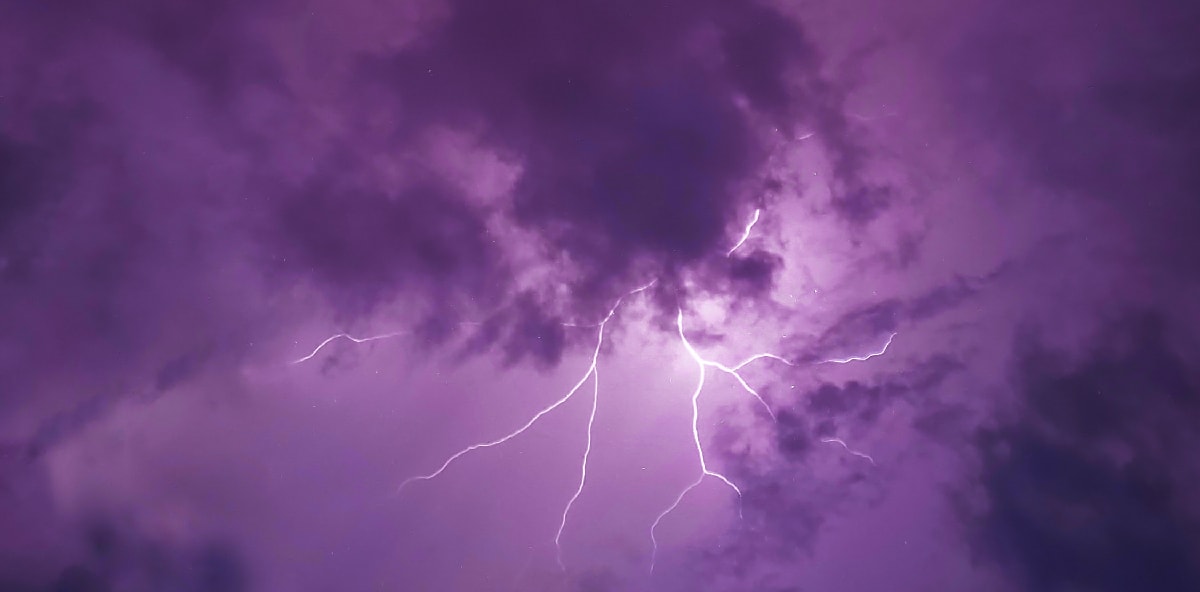The Genesis
MDMA, or 3,4-methylenedioxymethamphetamine if you’re into the tongue-twister, scientific approach, originated in 1912. It was initially synthesized by a company called Merck, but its psychoactive properties didn’t find their niche until the mid-20th century. Basically, MDMA is a synthetic drug—a chemical cocktail that meddles with your brain’s neurotransmitters.
MDMA Drug Names
“Ecstasy.” “Molly.” “E.” “X.” Street names that sound like new tech companies. But MDMA is not a simple prescription medication—it’s a drug that changes the way you perceive things. It alters perception, mood, and various cognitive and physiological functions
What MDMA Does
MDMA chiefly targets your brain’s neurotransmitters—the chemical messengers that shuttle feelings and thoughts across the synapses of our neurons. The main one here is serotonin.
Dopamine also gets a boost, which gives a pleasurable feeling but can wire a person’s brain for addiction. The drug then affects norepinephrine, ramping up your heart rate and blood pressure—a risky proposition, especially if you have underlying health issues.

Lastly, the overheating, or hyperthermia, induced by MDMA is a danger. It can cause your internal cells to denature (or decompose), leading to kidney failure or worse. And the comedown? Imagine your nervous system gasping for air after a sprint it didn’t train for.
The physical effects can range from the mild, like dilated pupils, to the severe, like hyperthermia (elevated body temperature), which can, as we said before, cause kidney failure.
MDMA Drug Overdose Risks
MDMA overdose comes from a number of biochemical catastrophes. First, your serotonin skyrockets. This overabundance of serotonin can induce a condition called serotonin syndrome, causing high fever, seizures, irregular heartbeat, and even unconsciousness.
But there is more. Elevated body temperature, or hyperthermia, is not just an inconvenient hot flash—it can be fatal. A person overdosing on MDMA’s internal thermostat goes haywire. You could say it overheats or cooks internal organs. Add dehydration from sweating, possibly compounded by hours of dancing or physical activity, and you’ve got a dangerous mix of life-threatening conditions.
And let’s not forget, MDMA drug doesn’t always come in its pure form. Street versions of the drug often contain additives or are mixed with other substances, from caffeine to methamphetamine (which would require a meth rehab in Arkansas). So when you overdose, it’s not just an MDMA drug overdose—it’s multiple pieces to the dangerous puzzle.
Overdose doesn’t always look like what you’d expect. It isn’t just the desperate or the reckless. It could be your neighbor’s kid who’s just been accepted into college, a co-worker, a parent, or even you. If you are in danger of overdose, don’t hesitate to call 911.
The Path Back to Light
So how do we treat this addiction at an accredited treatment center? It’s not a one-size-fits-all pill. But there are some general, evidence-based treatment options that will help you create the best plan for lasting recovery.
- Detox: the first step in treating any form of substance abuse, including MDMA addiction. The goal is to clear the drug from your system while managing withdrawal symptoms. Given that MDMA is a psychoactive substance, withdrawal symptoms can include depression, fatigue, loss of appetite, and trouble concentrating. Professional detox supervision ensures that these symptoms are managed in a controlled environment. Clinicians may use medications to manage these withdrawal symptoms and reduce cravings, although there are currently no medications approved specifically for the treatment of MDMA addiction.
- Behavioral Therapy: In this context, CBT can help identify triggers and destructive behavior patterns that lead to drug use. The therapy aims to replace these with healthier coping mechanisms.
- Group Counseling: Often moderated by a qualified therapist, these addiction group sessions allow individuals to gain insights into their addiction by listening to others who are going through similar issues. The communal aspect helps lessen the emotional burden of addiction, and peer support can be a strong motivational force for recovery.
- Aftercare Support: You didn’t become addicted overnight. Recovery is a marathon, not a sprint. Aftercare support in recovery is a crucial part of long-term recovery from MDMA addiction. This may involve ongoing individual or group counseling, as well as participation in recovery programs and networks.
Getting Help for MDMA Drug Addiction
If you or someone you love is grappling with substance abuse, don’t wait another day to seek help. At EagleCrest Recovery, we offer medical detox, behavioral therapy, group counseling, and aftercare support tailored to your individual needs. Located in Benton County, Arkansas, we’re committed to helping you regain control of your life. Call us now at (844) 439-7627 to embark on the road to recovery.


